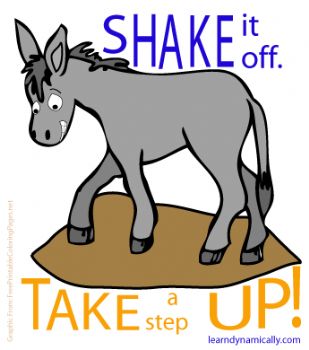NO GROUND FOR REPROACH
Be careful to live properly
among your unbelieving neighbors. Then even if they accuse you of doing wrong,
they will see your honorable behavior, and they will give honor to God when he
judges the world. (1Peter 2:12)
At this, the administrators
and the satraps tried to find grounds for charges against Daniel in his conduct
of government affairs, but they were unable to do so. They could find no
corruption in him, because he was trustworthy and neither corrupt nor
negligent. (Daniel 6:4)
The Christians of the early church suffered
terrible persecution, that St. Peter in his exhortation, encouraged them to do good, remain upright and blameless, even when mistreated and insulted by their pagan
neighbors.
The religious prejudice, and violent opposition against the early Christians are hardly surprising. They refuse to worship the pagan gods of their gentile
neighbors that they were branded as atheists. Under the reign
of the powerful Roman Emperors, deity is accorded the Roman Emperor, and they
refused to worship him, so they were accused of rebellion against Roman
authority.
St. Peter believed that the best
defense for Christians to survive in this situation is to do good. Peter
advised his fellow Christians to keep
their conduct honorable. As Christians they worship the true and living
God who commanded them not to repay evil for evil. The only way by which they
could repel the evil that is spoken and done against them is to do what is
good and to live honestly so that
regardless of the wrong things charged against them, by the unbelievers, their
good conduct will shine like lights,
before the eyes of their persecutors. Like Daniel, they could not find in him any
ground for reproach, for he was trustworthy, and neither corrupt nor negligent.
Peter capped his exhortation
by this most inspiring statement: “And who is he that will harm you if ye be
followers of that which is good? But and if ye suffer for righteousness’ sake
happy are ye: and be not afraid of their terror, neither be troubled.”










